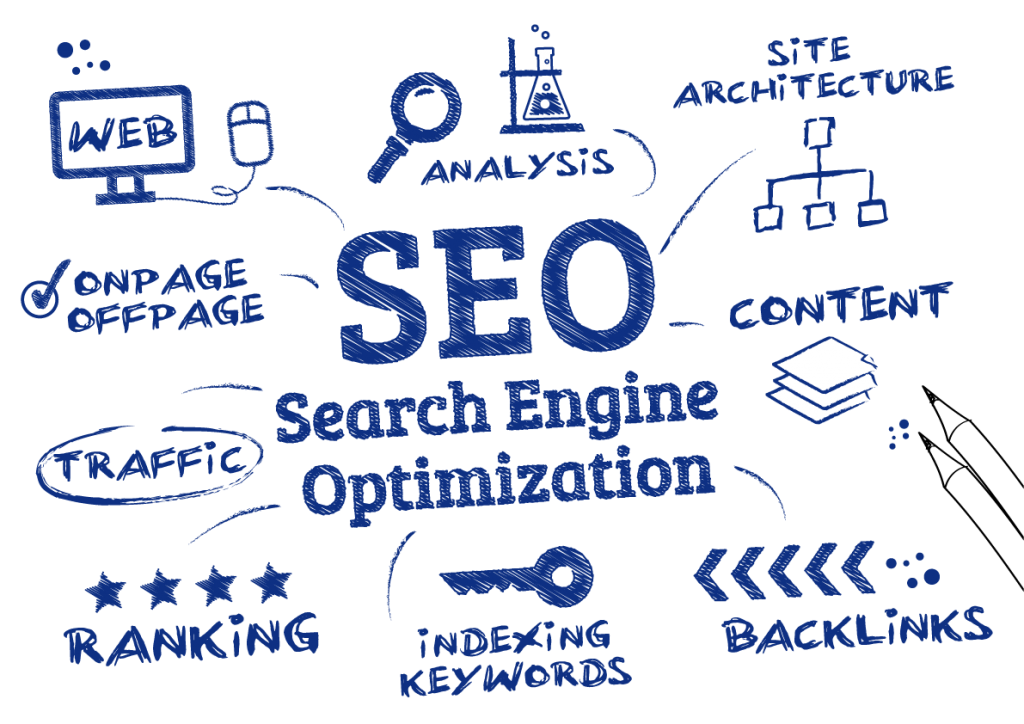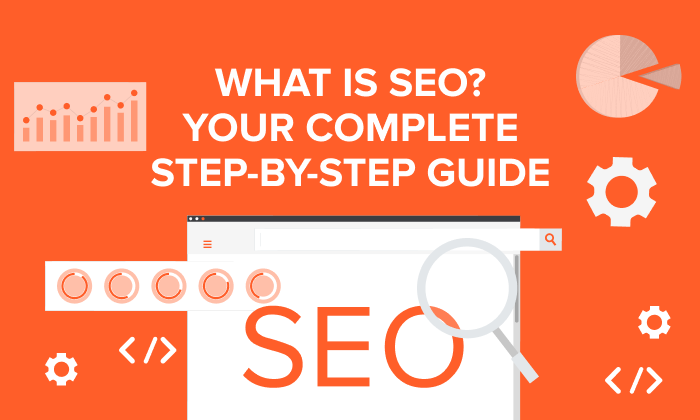

In today's digital landscape, having a strong online presence is crucial for businesses of all sizes. With millions of websites vying for attention, it can be challenging to stand out from the crowd. That's where customized SEO services come into play.
By optimizing your website for search engines, you can improve your visibility and attract your target audience. But what exactly does this entail? How can customized SEO services help you achieve your goals?
In this discussion, we will explore the various strategies and techniques involved in enhancing your online presence through SEO. So, let's dive in and uncover the secrets to achieving online success.
To effectively optimize your SEO strategies, it is crucial to pinpoint and understand your target audience. Identifying your target audience means identifying the group of people who are most likely to be interested in your products or services.
This involves conducting thorough market research and analyzing various factors such as demographics, interests, online behaviors, and purchasing patterns. By understanding your target audience, you can tailor your SEO efforts to meet their specific needs and preferences. This will help you create targeted content, optimize keywords, and improve user experience on your website.
Additionally, understanding your target audience allows you to focus your marketing efforts on channels and platforms that are most likely to reach and engage with them effectively. Ultimately, identifying your target audience is essential for driving relevant traffic, increasing conversions, and achieving your business goals.
A website audit is a comprehensive analysis of your website's performance and optimization. It involves evaluating various aspects of your website, including its design, content, technical elements, and overall user experience. By conducting a website audit, you can identify any issues or areas for improvement that may be hindering your online presence and success.
This process helps you gain insights into your website's strengths and weaknesses, allowing you to make informed decisions on how to enhance its performance and visibility. A website audit typically involves evaluating factors such as website speed, mobile-friendliness, search engine optimization (SEO), user engagement, and conversion rates.
By uncovering areas that need improvement, you can implement effective strategies to optimize your website and enhance your online presence.

Keyword research and optimization are crucial components of any successful SEO strategy. Before any optimization can take place, it is important to identify the keywords that are relevant to your website and target audience. This involves researching popular search terms and analyzing their competitiveness and search volume.
By selecting the right keywords, you can optimize your website's content and meta tags to improve its visibility in search engine results pages (SERPs). Optimization also involves ensuring that the keywords are strategically placed throughout the website, including in the title tags, headings, body text, and URLs.
Additionally, optimizing for long-tail keywords can help target specific niche audiences and increase the chances of ranking higher in search results. Effective keyword research and optimization can significantly enhance your website's online visibility and attract more organic traffic.
To effectively boost your website's visibility and ranking in search engine results pages, it is crucial to implement off-page SEO techniques that focus on external factors beyond the content and structure of your web pages.
Off-page SEO refers to the actions taken outside of your website to improve its online reputation and authority. These techniques aim to increase the number and quality of inbound links pointing to your site, as well as enhance your brand's online presence through social media engagement and positive customer reviews.
Some common off-page SEO strategies include link building, social media marketing, influencer outreach, and online reputation management. By utilizing these techniques, you can improve your website's credibility, increase its organic traffic, and ultimately achieve higher search engine rankings.

After implementing off-page SEO techniques, it is essential to measure and analyze the results to determine the effectiveness of your efforts. Measuring and analyzing the results allows you to see how well your website is performing in search engine rankings and identify areas for improvement.
One way to measure the results is by tracking key performance indicators (KPIs) such as organic traffic, conversion rates, and keyword rankings. By analyzing these metrics, you can identify which strategies are working and which ones need adjustment.
Additionally, tools like Google Analytics can provide valuable insights into user behavior, allowing you to optimize your website accordingly. Regularly monitoring and analyzing your SEO efforts will not only help you gauge your success but also provide valuable insights for ongoing optimization and improvement.
Regular maintenance and updates are crucial for maintaining the effectiveness of your SEO efforts. Search engine algorithms are constantly evolving, and what may have worked in the past may not be as effective today.
By regularly updating your website with fresh content, optimizing keywords, and improving user experience, you can stay ahead of the competition and ensure that your website continues to rank high in search engine results. Ongoing SEO maintenance also involves monitoring your website's performance, analyzing data, and making necessary adjustments to your SEO strategy.
This includes evaluating the effectiveness of your keywords, optimizing metadata, and fixing any technical issues that may arise. By implementing ongoing SEO maintenance and updates, you can maximize the visibility and success of your website in the ever-changing online landscape.

To improve your website's loading speed and optimize SEO, there are several steps you can take. First, optimize your images by compressing them and using the appropriate file format. Next, minimize HTTP requests by combining and minifying CSS and JavaScript files. Implement browser caching to enable faster loading for returning visitors. Lastly, consider using a content delivery network (CDN) to serve your website's files from servers located closer to your visitors. These strategies will help enhance your website's performance and improve its SEO ranking.
When optimizing a website for SEO, it is crucial to avoid certain common mistakes. These include keyword stuffing, which can lead to penalties from search engines, neglecting to optimize meta tags and descriptions, failing to create high-quality and relevant content, not optimizing images and multimedia, ignoring mobile optimization, and not consistently monitoring and analyzing website performance. By avoiding these mistakes and implementing effective SEO strategies, website owners can maximize their chances of achieving higher rankings and attracting more organic traffic.
It is difficult to determine an exact timeframe for seeing results from SEO efforts as it depends on various factors such as the competitiveness of the industry, the current state of the website, and the level of optimization implemented. Generally, it can take several months to start seeing noticeable improvements in search engine rankings and organic traffic. However, it is important to note that SEO is an ongoing process that requires continuous efforts and adjustments to maintain and improve results over time.